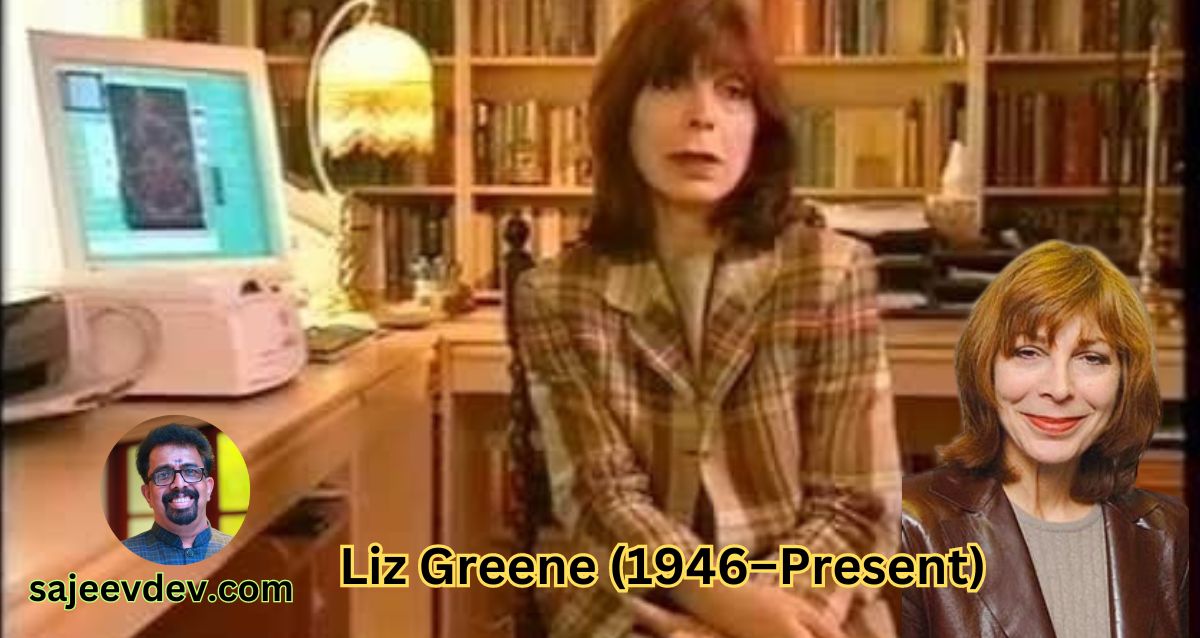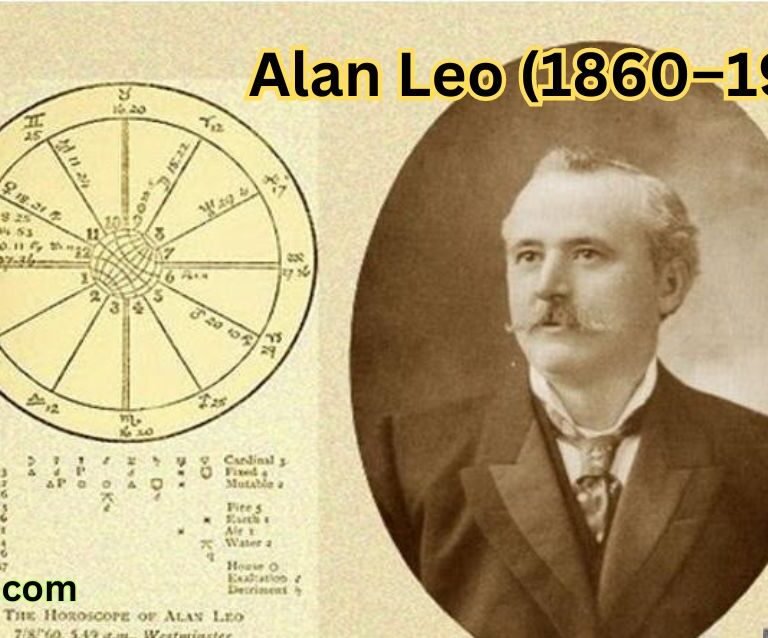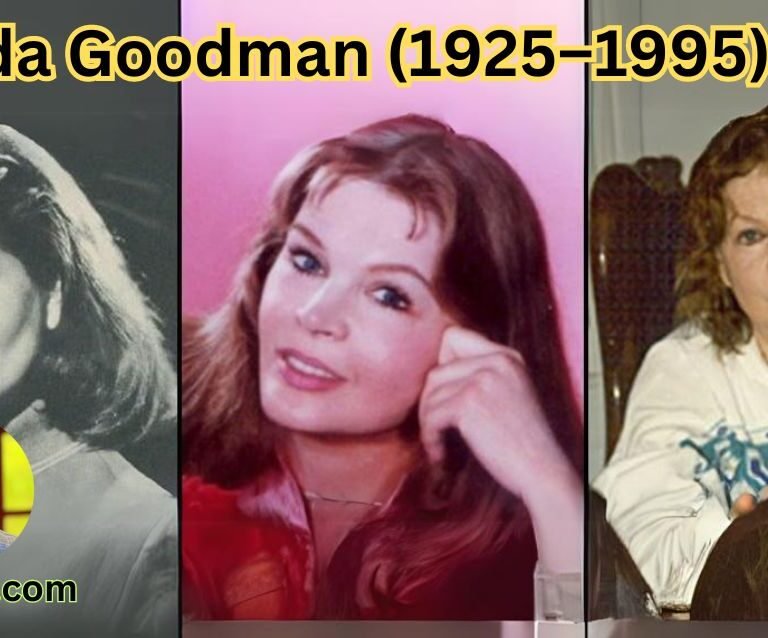Liz Greene
Liz Greene is a distinguished figure who has adeptly bridged the realms of astrology and psychology, establishing herself as a leading authority in what is now known as psychological astrology. Born in the United States in 1946, Greene’s academic journey began with a focus on psychology, culminating in her earning a degree from the University of Massachusetts. Her deep interest in the human psyche and its complexities drove her to develop a profound understanding of how astrological principles can illuminate psychological patterns and behaviors.
In her pursuit of knowledge, Liz Greene relocated to the United Kingdom, where she became a prominent voice in astrological circles. Her unique approach merges the rich traditions of astrology with contemporary psychological theories, enabling her to address the intricacies of human experience. Greene’s perspective emphasizes how astrological insights can provide a deeper awareness of one’s emotional and spiritual life, which has garnered her a dedicated following among those seeking to understand the interplay between their astrological chart and psychological well-being.
Throughout her career, Liz Greene has authored numerous books and articles that focus on the psychological aspects of astrology, showcasing her talents as a writer and a thinker. Her works often explore the archetypal dimensions of psychological crises and development, making her contributions particularly relevant in the context of modern psychological discourse. Greene’s dual identity as both a psychologist and astrologer facilitates a comprehensive approach to personal growth, nudging individuals toward a deeper exploration of their inner selves.
Her ongoing influence in the fields of astrology and psychology continues to inspire new generations, prompting discussions about the relevance and significance of psychological astrology in contemporary therapeutic practices. By promoting an understanding of how celestial influences shape our experiences and behaviors, Liz Greene’s work firmly establishes her as a pioneer at the intersection of these two disciplines.
Early Life and Education
Liz Greene was born in 1946 in the United Kingdom, where her early life experiences began to shape her unique perspective on both astrology and psychology. Growing up in a British household that valued intellectual pursuits, Greene developed a keen interest in learning from a young age. Her formative years were marked by a sense of curiosity about human behavior, emotions, and the factors that drive individual experiences. This early fascination laid the groundwork for her future exploration into the interconnectedness of astrology and psychology.
Greene pursued her education at the University of Bristol, specializing in psychology and literature. It was during her university years that she encountered various psychological theories and philosophies that would greatly influence her later work. By delving into the works of notable psychologists, Greene became increasingly aware of the complexities of human personality and behavior. This academic background provided her with the analytical framework necessary for her exploration of psychological astrology.
Additionally, Greene’s interest in astrology was sparked by a combination of personal experiences and academic inquiry. She encountered astrology through her studies and found that it provided a rich tapestry for understanding the psychological dimensions of individuals. This blend of interests prompted her to investigate how astrological charts could reflect not only personal dispositions but also the underlying psychological processes at work. Consequently, Greene embarked on a path that would culminate in her pioneering contributions to the field of psychological astrology.
Throughout her early life and educational journey, the influences of both psychology and astrology intertwined, creating a solid foundation for Greene’s future endeavors. By synthesizing these two fields, her work would enlighten many seeking to comprehend their own psychological landscapes through the lens of astrological insight.
The Foundations of Psychological Astrology
Psychological astrology, as pioneered by Liz Greene, represents a significant evolution in the field of astrological practice. This innovative approach integrates the ongoing tradition of astrology with the depth of psychological insights rooted in the analytical theories of Carl Jung. By introducing the principles of analytical psychology into astrological practices, Greene enhances the interpretative value of horoscopes and astrological symbols, allowing for a more profound understanding of the human psyche.
Central to Greene’s framework are Jung’s concepts of archetypes and the collective unconscious. Archetypes, which are universal symbols and motifs, underpin the stories and experiences associated with different astrological signs. Greene posits that individuals resonate with these archetypal patterns, which manifest through their personal experiences and behaviors. For instance, someone with strong placements in Cancer may embody the nurturing and protective qualities associated with this sign, while challenges or issues may arise when these archetypal energies are in conflict.
The collective unconscious, another cornerstone of Jungian theory, serves as a shared reservoir of inherited memories and experiences that transcend personal consciousness. Greene leverages this concept to explore how astrology can illuminate collective archetypal themes prevalent in a culture or society at large. By mapping these themes onto astrological configurations, practitioners can assess not only individual behavior but also broader societal trends and shifts.
Through the lens of psychological astrology, Greene’s work enables individuals to delve into their own narratives and find patterns that help explain their motivations, desires, and challenges. Consequently, this blend of psychological insights and astrological principles provides a richer, more nuanced approach to understanding oneself and others, fostering a deeper self-awareness and personal growth.
Saturn: A New Look at an Old Devil
In her seminal work, Saturn: A New Look at an Old Devil, Liz Greene offers a profound exploration of the archetypal figure of Saturn, delving into its multifaceted symbolism within astrology. Traditionally viewed through a lens of restriction and hardship, Saturn’s influence is often characterized by its association with limitations and fears. Greene challenges this conventional interpretation, inviting readers to consider a more nuanced perspective that emphasizes Saturn’s role as a teacher and a catalyst for personal growth.
Greene’s analysis is steeped in psychological insight, drawing connections between Saturn’s influence in a natal chart and the development of the individual psyche. She posits that Saturn not only reflects the struggles one faces but also encapsulates the potential for resilience and mastery over adversity. This shift in perception highlights the dual nature of Saturn, suggesting that where there is challenge, there is also the opportunity for maturity and self-discovery. Such an approach has influenced many practitioners of psychological astrology, encouraging them to delve deeper into their interpretations of this powerful astrological body.
The book’s impact extends beyond its immediate readership; it serves as a cornerstone for anyone seeking to understand the complex interplay between astrology and the human experience. Greene’s reinterpretation of Saturn fosters a richer dialogue about not only the planetary influences in our lives but also the psychological patterns they reveal. By challenging established views and integrating psychological principles, Saturn: A New Look at an Old Devil has changed how practitioners and students of astrology perceive the role of Saturn in natal charts, cementing its status as a crucial text in the field of psychological astrology.
Co-founding the Centre for Psychological Astrology
Liz Greene played a pivotal role in the establishment of the Centre for Psychological Astrology (CPA), a landmark institution that embodies the integration of astrology and psychology. Founded in 1983, the CPA was created with a mission to deepen the understanding of astrology within a psychological framework. This innovative approach stems from the idea that the practice of astrology can significantly enhance personal insight and psychological growth, allowing individuals to explore their inner worlds through a unique lens. Greene’s vision was to facilitate a groundbreaking dialogue between these two fields, creating a space where astrological insights could be harnessed to improve one’s understanding of human psychology.
Through the CPA, Greene contributed immensely to both the academic and astrological communities. The Centre serves as a hub for students, professionals, and enthusiasts alike, providing educational resources, workshops, and seminars that focus on the interdisciplinary study of astrology and psychology. The curriculum emphasizes the importance of ethical practice and the psychological implications of astrological readings. In doing so, the CPA not only nurtures the next generation of astrologers and psychologists but also promotes a more nuanced approach to astrological interpretation.
The work conducted at the Centre has led to the development of a robust framework that supports the application of psychological principles in astrological practice. This integration encourages a greater appreciation of the individual experiences encapsulated within astrological charts, facilitating a more profound healing process. By establishing a network of practitioners and scholars, Greene and her co-founders have fostered an environment where ongoing research and discourse can flourish, ensuring that the dialogue between astrology and psychology continues to evolve. The CPA thus stands as a testament to Greene’s lasting impact on both fields, influencing how practitioners approach the intersection of these disciplines.
Contributions to Astrology and Psychology
Liz Greene has made a profound impact on both the fields of astrology and psychology through her multifaceted contributions that extend far beyond her seminal works. As an author, Greene has penned numerous influential books that explore the intricate connections between astrological concepts and psychological theories. Her analytical approach often integrates Jungian psychology with astrology, facilitating a deeper understanding of human behavior and personality traits through cosmic lenses. This innovative blend has encouraged practitioners to look beyond traditional astrological interpretations, promoting a more holistic view of individual circumstances.
In addition to her written contributions, Greene’s lectures and workshops have served as enlightening platforms for many students and practitioners. She has tirelessly engaged with audiences around the globe, offering insights that not only clarify astrological principles but also demonstrate their applicability in psychological contexts. Greene’s commitment to education is evident in her ability to create a learning atmosphere that fosters curiosity and critical thinking. By encouraging an interactive dialogue, she has inspired countless aspiring astrologers to delve into the psychological underpinnings of astrology and understand the significance of their work in a broader cultural context.
Greene’s teaching methodology emphasizes the integration of psychological principles into astrological practices, prompting a new generation of astrologers to adopt techniques that prioritize mental and emotional well-being. By articulating the relevance of psychological awareness within astrological analysis, she has shown that astrology can serve as a powerful tool for personal development and self-awareness. Greene’s legacy continues to shape contemporary astrology, enabling practitioners to facilitate transformative experiences for their clients through an enriched understanding of their cosmic influences.
The Legacy of Liz Greene
Liz Greene has established herself as a significant figure in the realms of astrology and psychology, offering profound insights that marry these two disciplines. Her pioneering approach not only reshaped how practitioners and enthusiasts perceive astrology but also facilitated a deeper understanding of psychology through an astrological lens. Greene’s influence is evident in the way she adapted Carl Jung’s psychological theories to astrology, advocating for a person-centric interpretation that highlights self-understanding and personal growth.
As a prolific author, her works have resonated widely, contributing to a legacy that emphasizes empathy and self-awareness. Notable quotes from her peers often reflect her impact: one fellow astrologer remarked, “Liz has the unique ability to illuminate the human experience, bridging the seemingly disparate worlds of astrology and psychology.” Such reflections signify the respect she commands within the community, underscoring her role as a thought leader who encourages holistic approaches to self-discovery.
The seeds of her teachings continue to germinate within contemporary astrology, with many astrologers incorporating her psychological insights into their practice. The increasing popularity of psychodynamic astrology is a testament to her lasting influence, demonstrating how her innovative methodologies remain relevant today. Greene’s teachings assert that astrology is not merely a predictive tool but a means of navigating complex emotional landscapes. This perspective has inspired new generations of astrologers to explore deeper meanings within astrological symbols and charts, fostering a nuanced understanding of the human psyche.
In conclusion, Liz Greene’s legacy persists as a guiding force in both the astrological and psychological fields. Her integrative approach continues to inspire practitioners and seekers alike, reinforcing the ongoing dialogue between these disciplines. This timeless intersection propels her work into contemporary conversations, ensuring that her contributions remain a source of enlightenment and inspiration.
Recent Works and Current Projects
Liz Greene, a prominent figure in the realm of psychological astrology, continues to push the boundaries of her field through her recent publications and various current projects. Known for her innovative approach that blends traditional astrological insights with psychological principles, Greene’s work remains influential among both practitioners and enthusiasts alike. Over the past few years, she has released several significant publications that have contributed to the evolving conversation around astrology and psychology.
One of her notable works includes a comprehensive exploration of the dynamics between personal development and astrological influences. In this publication, Greene delves into how astrological symbols can be interpreted not just as predictive tools, but as mirrors reflecting deeper psychological motivations and personal challenges. Her writings emphasize the importance of self-awareness and personal growth, showcasing her belief that astrology can serve as a guide in navigating life’s complexities.
In addition to her writings, Greene is actively engaged in various projects, including workshops and seminars that aim to educate practitioners and the general public on the intricate relationship between astrology and psychology. These events foster a deeper understanding of how astrological charts can be utilized as a tool for personal insight, allowing individuals to explore their personal narratives through this unique lens. By discussing her theories and interpretations in these settings, Greene continues to inspire others to consider the profound implications of astrological concepts in psychological frameworks.
Greene’s commitment to integrating contemporary psychological practices into astrological studies keeps her work relevant in today’s world. As she continuously embraces new psychological research and integrates these findings into her perspectives, her innovative approach strengthens the burgeoning field of psychological astrology. As a thought leader, Liz Greene’s current focus areas promise to further explore and define the dialogue between astrology and psychology, ensuring her continued influence for years to come.
Liz Greene’s work represents a pivotal fusion of astrology and psychology, establishing a profound dialogue between the two disciplines
Liz Greene’s work represents a pivotal fusion of astrology and psychology, establishing a profound dialogue between the two disciplines. Her innovative approach has not only broadened the understanding of astrological practices but has significantly enriched psychological theories as well. By integrating Jungian concepts into her astrological interpretations, Greene has illuminated the psychological dimensions of astrological charts, allowing practitioners to appreciate the depth beyond mere predictions. This intersection encourages a more holistic viewpoint regarding personal development and individual experiences.
Moreover, Greene’s emphasis on the psychological archetypes encapsulated in astrological symbols challenges practitioners to delve deeper into the motivations, fears, and aspirations of individuals. This has transformed astrology from a rigid, deterministic system into a more dynamic and reflective practice that considers the complexities of human nature. Her contributions have sparked a renewed interest in the therapeutic potential of astrology, empowering individuals to gain insights into their psyche through astrological inquiry.
As we reflect on Liz Greene’s impactful work, it is evident that her methodologies encourage a thoughtful exploration of both astrology and psychology. Students and practitioners are urged to embrace her teachings to foster a comprehensive understanding of human behavior through the lens of astrology. In doing so, they can further explore the intricate interplay between psychological archetypes and astrological influences, which can lead to enhanced personal growth and self-discovery. Readers are encouraged to delve into Greene’s writings and teachings, engaging with her groundbreaking ideas, which continue to resonate within the fields of astrology and psychology today.









